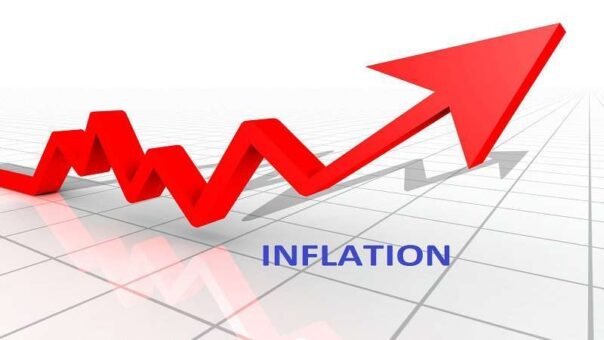Islamabad, July 1, 2025 – Pakistan has recorded a significant decline in average headline inflation, which dropped to 4.49% in fiscal year 2024-25, down from a staggering 23.41% in the previous fiscal year.
This steep fall, as reported by the Pakistan Bureau of Statistics (PBS) on Tuesday, reflects improving macroeconomic stability and tighter monetary controls implemented throughout the year.
According to the PBS, Pakistan’s inflation, measured through the Consumer Price Index (CPI), showed further cooling in June 2025. On a year-on-year (YoY) basis, headline inflation dipped to 3.2% compared to 3.5% in May and 12.6% in June 2024. On a month-on-month (MoM) basis, however, prices rose slightly by 0.2% in June 2025, after a 0.2% decline a month earlier.
Urban CPI inflation was recorded at 3.0% (YoY) in June, down from 3.5% in May and 14.9% a year ago. MoM, it remained stable at 0.1%. Rural CPI inflation rose modestly to 3.6% (YoY), up from 3.4% in May but significantly lower than the 9.3% observed in June 2024.
Pakistan’s Sensitive Price Indicator (SPI), a key gauge of essential goods inflation, showed a YoY deflation of 1.9% in June 2025 compared to a 16.6% increase in the same month last year. The Wholesale Price Index (WPI) inflation also remained subdued at 0.6% YoY in June, showing a significant cooling from 10.6% a year earlier.
The non-food, non-energy segment—a core measure of inflation—also reflected moderation. Urban core inflation stood at 6.9% YoY, down from 12.2% in June 2024, while rural core inflation decreased to 8.6%, previously 17.0%. Trimmed mean core inflation for urban areas came in at 4.7%, while rural areas registered 5.2%.
Economic analysts view this broad-based decline in inflation across Pakistan as a welcome development, especially given the hardships of previous years when double-digit inflation eroded purchasing power. The drop is being credited to tighter fiscal management, stable global commodity prices, and improved exchange rate controls.
With Pakistan now witnessing the lowest inflation in several years, experts believe this trend could pave the way for interest rate cuts and revival of business confidence. However, risks remain, and Pakistan’s inflation trajectory will depend heavily on global fuel prices, currency stability, and food supply dynamics.
